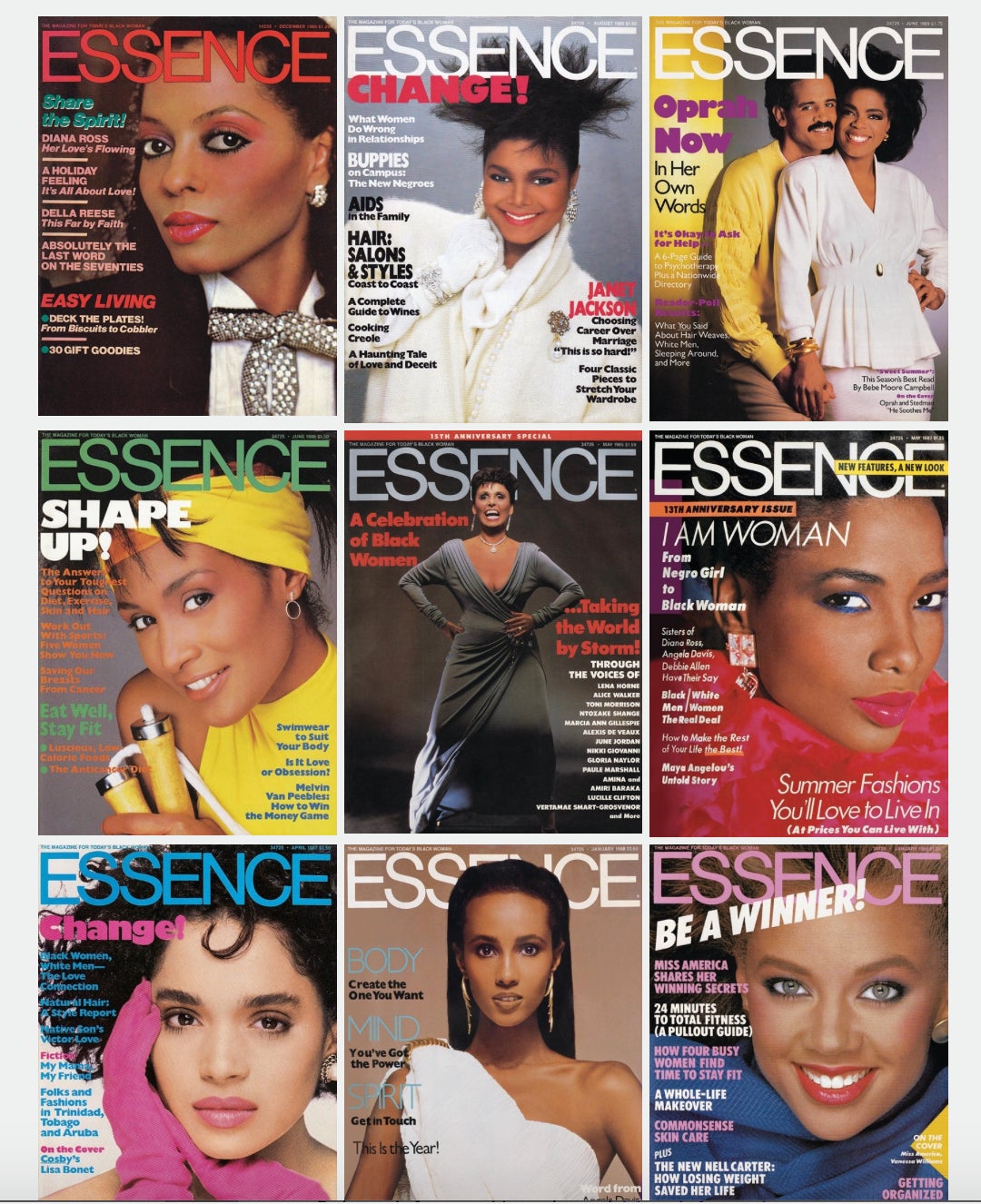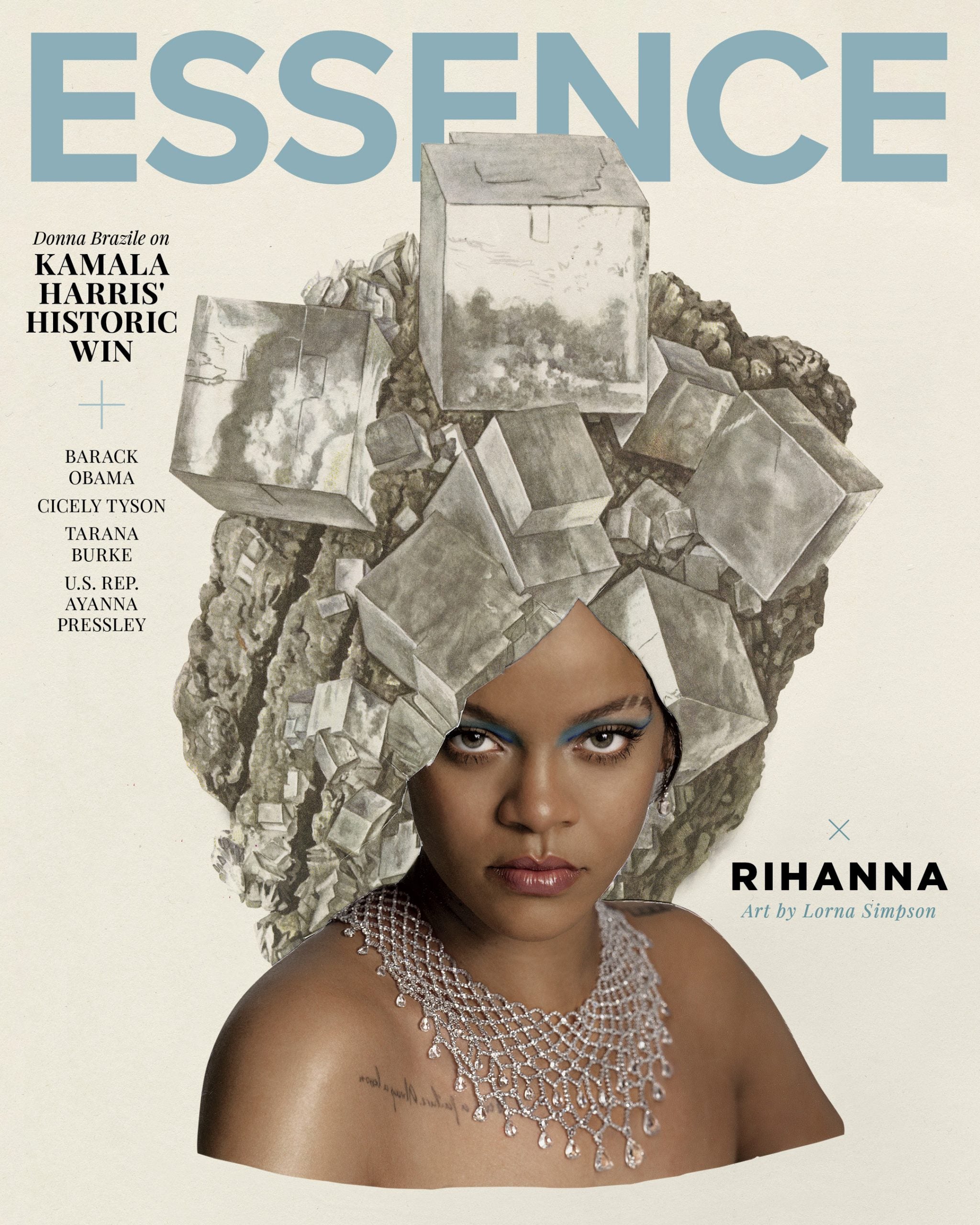
Black media has always been at the center of telling diverse stories and raising the public consciousness about the issues facing Black people. In these unprecedented times, the Black Press has continued its role as a long-trusted source of credible health and other information keeping us aware, educated, and up-to-date on the ever-changing story of COVID-19. Further, its value continues to be unparalleled in amplifying Black voices, championing Black causes and reflecting Black culture and people as we are, not as others frame us.
Yet, there are a myriad of factors that make ad and partnership dollars harder to secure for Black media outlets. For one, advertisers still aren’t talking to Black audiences despite Nielsen data showing African Americans have increasing cultural, economic, and political influence. In 2019, Black buying power in America was $1.4 trillion, according to the Selig Center for Economic Growth, but less than 2% of all ad revenue spent in the U.S., some $200 billion, targeted Black consumers according to Nielsen.
Black media entrepreneurs, whose companies are often smaller with less capital, also cite a lack of value placed on Black audiences, as well as agencies that target Black consumers, but refuse to hire Black-owned media companies to create, curate and distribute the content. Add to that the buying restrictions that are placed upon Black-owned media companies and the arbitrary way rates are set, and the industry is completely destabilized.
As IPG Mediabrands—the media and marketing solutions arm of Interpublic Group that manages roughly $40 billion in marketing investment globally on behalf of its clients including American Express, BMW, CVS Health/Aetna, Johnson & Johnson and more—launches an “Equity Upfront” to raise the visibility of Black-owned and Black-targeted media businesses, Richelieu Dennis, founder of Essence Ventures, the parent company of ESSENCE, offers a frank discourse on what it will take for Black-owned media companies to reach true equity. — As told to Tanisha A. Sykes
For the past 30 years, I’ve been fighting for economic equity in the businesses my family and I have built. So this isn’t new for us. Whether it’s growing Shea Moisture and investing 10% of our revenues into supporting the economic inclusion, empowerment, and education of Black women in both Africa and in the U.S., or launching the $100 million New Voices Fund that invests in businesses owned or managed by women of color, we’ve been fighting for economic equity for a long time.

While this media fight is new for us, the understanding and ability to disrupt an industry is not. We acquired ESSENCE in January 2018 because our voices needed to be amplified through our voices, not somebody else’s, and not through their lens. ESSENCE is an iconic brand that has been serving Black women and communities for 50 years. When mainstream media ignored Black people, and Black women in particular, ESSENCE was there.
Now, as more media companies struggle to boost their bottom lines in a changing market and recognize there is more money and cultural currency to be made capitalizing on Black people, they are targeting us. What we’re witnessing is not only white companies owning and building brands directed towards Black audiences, they are also transforming their mainstream products to target Black audiences because that’s where they see the most substantial growth. The issue isn’t that Black people are finally being recognized for our global influence and commercial power. The issue is that we are not simply a marketing opportunity. Our communities deserve and demand more than fair weather friends content to extract from our communities with no meaningful investment in them.







Caught in the crosshairs is Black-owned media, which has been completely decimated by Black-targeted media, second-tier supplier relegation, and unrealistic rate cards that were never designed to provide a level playing field for Black-owned companies to be able to compete with the same opportunities to reach an audience as mainstream or Black-targeted media does. This debilitates Black ownership and stifles the development of our creatives and talent.
On the heels of racial inequities brought to the national forefront over recent months, we’ve seen many new hires and opportunities in corporate America of Black creators, makers and other talent. We welcome that. We want more of that. But we also know that those places are still not level-playing fields, so our focus must remain on building and owning more of our own institutions, our culture and our narratives for our community — and thus creating more generational wealth in our communities. We have to be able to grow and expand our Black-owned media so that opportunities for the people in our organizations and resources to reinvest in our communities can also grow. That’s what ESSENCE is focused on today.

As discussions take place to raise the visibility of and media dollars directed to Black-owned and Black-targeted media businesses at IPG Mediabrands’ “Equity Upfront” beginning March 15, we need sustainable opportunities for us to build Black-owned businesses in the media space. We need a new paradigm that does more than acknowledge that media partnership and investment strategies have not been inclusive and that Black-owned media have not received commensurate shares of ad dollars. We need real action that results in real industry shifts. At the end of the day, we have to hold every company accountable. This effort is a positive first step for us to see what change may look like, and we are hopeful it will not be the last.






